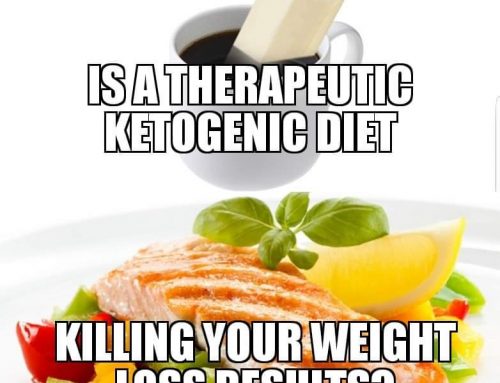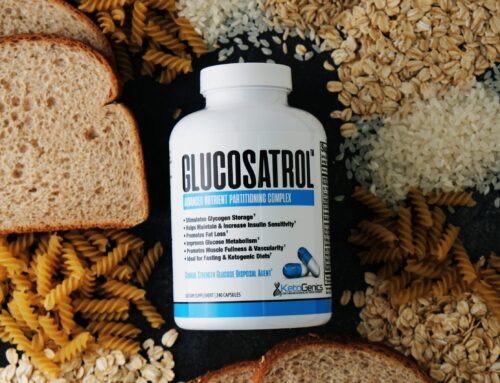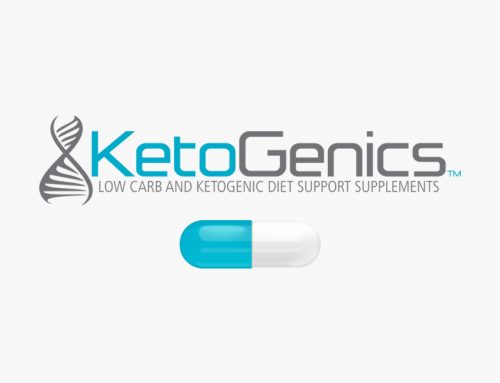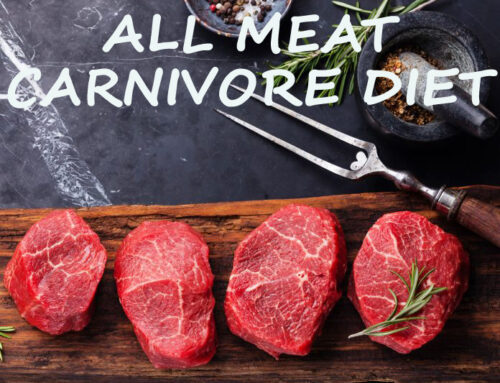What is a Fat Fast
Atkins Fat Fast, Egg Fast, Beef and Butter Fast for all intents purposes for this blog post these will be treated as one in the same with regards to the reasons why they are done and the results they are purported to provide.
From time to time we see these phrases or dietary protocols thrown around that some people like to incorporate into their keto lifestyle to accelerate their weight loss or break through a “stall”. Decades ago Dr. Atkins would recommend his patients try a fat fast if they were extremely insulin resistant and had a hard time getting into ketosis or having a stall for longer than 3 weeks. Even though most “stalls” really are not stalls at all (read more about that here).
The original “Fat Fast” designed by Dr Atkins consisted of a 3 to 5 day cycle in which you consume around 1,000 calories a day. 85%-90% of those calories would come from fat. In addition, Dr Atkins preferred people eat 4-5 small meals per day instead of 1-2 larger ones during the fat fast.
Unlike, Atkins’ general advice of eat all you want (until satisfied) and just count carbs, the Fat Fast is a calorie, carb and protein restricted approach where one eats a very narrow range of fat-based foods for a short period of time.
Why the fat fast works
The fat fast is often (but not always) lower calorie than what you were previously consuming. Atkins had people keep calories at around 1,000 and the typical Atkins dieters on their normal days kept calories between 1,500-1,800/day. So this large reduction of calories down to 1,000 calories/day will of course cause weight loss.
It is a nearly carb free protocol, so even more water is lost similar to when a keto dieter first starts a ketogenic diet; hence scale weight drops. This is also good for those who are very carb sensitive and need to severely restrict carbs to become fat adapted, be efficient at using fat for fuel or enter ketosis at all (even thought ketosis does not equal fat loss as discussed here)
Typically most dairy type of foods (but not always) are removed during the fast, especially during egg and beef and butter fasts. Those sensitive people who remove dairy during the fat fast will have better results due to reduced water/cortisol/inflammation. Certain individuals are sensitive to dairy as well as certain protein sources that leads to inflammation and water retention. The removal of these foods often cause a large drop in water weight rather fast.
Removing any sort of plant based foods, veggies, nuts, etc will also help offset inflammation, bloat and water retention; for those sensitive to these things.
So in essence the “fat fast” was a quick way to drop water weight.
On average the typical dieter would lose around 1lb a day (of scale weight) on a fat fast. It’s rather hard to lose pure fat that fast, especially for someone who has already been dieting and losing weight for a while; so it is mostly water. It could though lead to more weight loss and a higher percentage of it being fat if one was to do the “fast” (large deficit) longer.
In my opinion, a huge reason why the fat fast works is because it requires precision with tracking, no snacking or cheating. You are taking a person who may not be counting those nuts they eat here and there, maybe some food they picked on while making dinner, maybe a few tbsp of heavy cream in their coffee etc. Often 500-600 calories a day are going “unnoticed” or unaccounted for by the typical keto dieter. So this removes all those “mysterious calories” that you are eating and did not realize and thus stalling your weight loss.
Dr Atkins was very specific in saying the Fat Fast is a calorie, carb and protein restricted approach where one eats a very narrow range of fat-based foods. This makes a person track with near precision and not “lazy keto” as we call it. So those extra 500+ calories are no longer being consumed and yet another reason why these fat fasts “work”; the people are eating less.
The Fat Fast is a controlled carb program where you COUNT CALORIES. (Atkins, Robert C. Dr Atkins’ New Diet Revolution. New York, 2002. 272-274.)
From the Atkins official web site:
The Fat Fast is a low-calorie, high-fat program (1,000 calories/day and 80% fat).
*They do not recommend the Fat Fast without medical supervision.
*All it does is shift water balance.
*You will see the scale move, but as soon as you start eating normally again, some weight will creep back often to the same starting point.
Typically the way we did the fat fast in the early 1990s was just have lots of meat and water, basically a zero carb carnivore diet; a “carnivore fast”. Things like ground beef, sausage, bacon etc. No condiments, no mayo, ketchup, sauces (regardless of how low carb they were) etc. This did work well, it did result in “scale weight loss”.
The “eat more fat” segment of the ketogenic world
These “fat fasts” are what I blame for all the misinformed keto dieters who chant “eat more fat” to accelerate fat loss because they heard from the 80’s and 90’s that FAT fasts causes people to lose weight (not fat) and break through a stall; they assumed it was the fat intake causing the weight loss. But it was not. They also assumed it was fat loss, it is not. It was lower calories and water loss that caused the weight loss during the “fast”. Do this too long (high fat, low protein) and then you start losing muscle, hence more “scale weight” loss. Not a good idea.
So are these “fasts” a gimmick”?
Yes and no.
They are not fasts because a fast is the act of not eating. If you are eating you are not fasting. Period.
I think the word fast is thrown in there to imply your body will be acting as if it is fasting and magically lose weight super fast while you are still “eating”. So who really knows. They are though very gimmicky, “egg fast”, “beef and butter fast” there is even a “avocado fast”. These are just wacky names for those who feel they need some gimmick to lose weight when in fact all they need is proper tracking of their daily food intake and consistency. Nothing else.
The #1 reason deiters fail is because lack of consistency in their diet. Understand that all diets work, it is the dieter that has an issue adhering to the diet and the reason for less than desirable results on most “diets” a person follows.
I would avoid doing these things, which are often short term and stick with a sensible long term way of eating; ie ketogenic diet with tracking your food intake. The ketogenic diet is regarded to be superior to just about any other dietary protocol with regards to adherence. Adhering to the diet, adhering to the meal plan/food choices, adhering to the being able to control your food intake ie; maintain a caloric deficit. So don’t try to fix what isn’t broken.
Do you need a fat fast to break a stall?
No.
Or better yet understand what it is and why it works:
It is lower calorie then your previous intake.
It is nearly zero carbs.
It is limited food choices.
It requires you to count calories.
It results in a large caloric deficit.
It often reduces water retention, inflammation
BUT you can do that without having to partake in some fancy named short term dietary gimmick.
How? By tracking everything you eat so there is no guessing and no cheating on your diet.
Avoid snacking, avoid eating while you prepare meals. Nuts, and nut butters are notorious for pushing people over their daily caloric maintenance. A serving size is so small that most people hardly ever keep it to “one serving”. Also they taste great and have a “Doritos effect” where you can’t have just one. Stop using so much creamer and heavy cream or “BPC” coffee that just results in a huge amount of often nutrient void calories. So in essence, control/watch your food intake.
If you would like to learn more how to overcome a stall on a ketogenic diet click here.
BUT before you go… what if there WAS a super effective “fancy named short term dietary (non gimmicky) protocol” that would ensure you not only break through a stall but to lose fat at an accelerated rate?
Good news; there is one.
Enter, The Protein Sparing Modified Fast.
First developed in the 1970s, the PSMF has been fined tuned by Lyle McDonald in his Rapid Fat Loss Handbook and is regard by those in the health and fitness and dieting world as the gold standard and most effective fat loss protocol that has ever been put down on paper.





